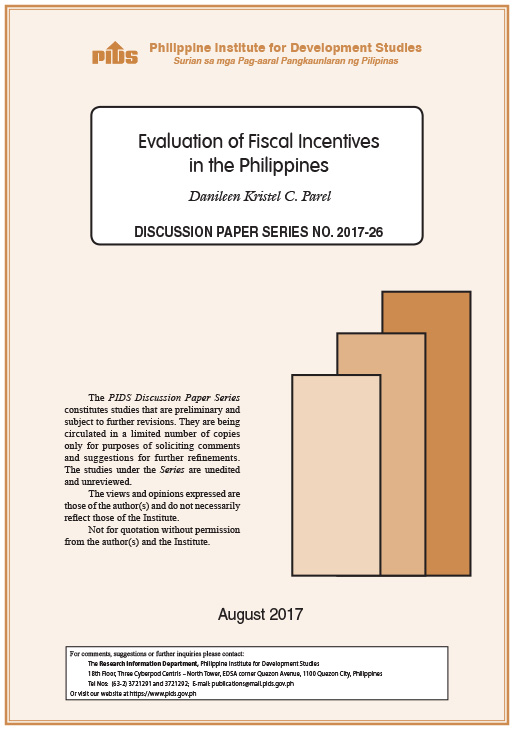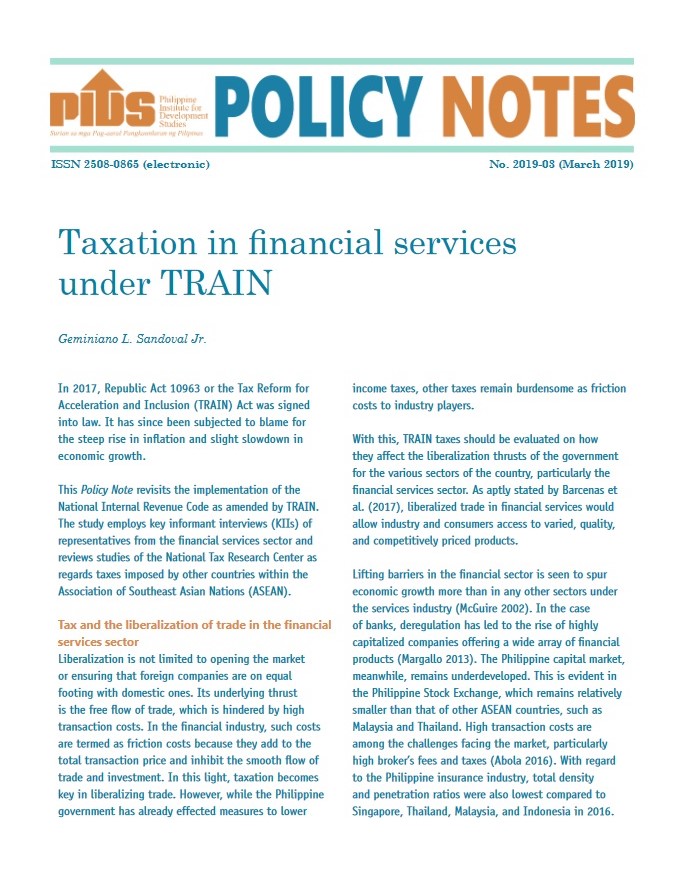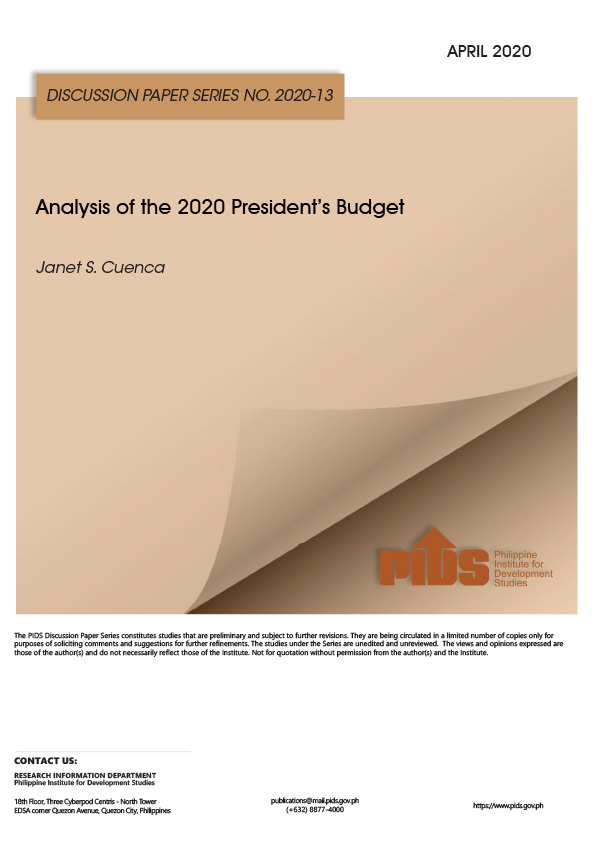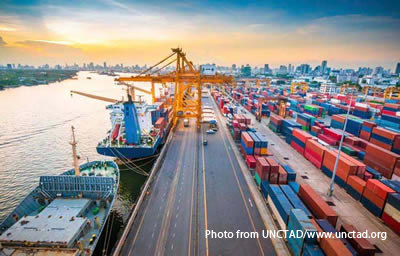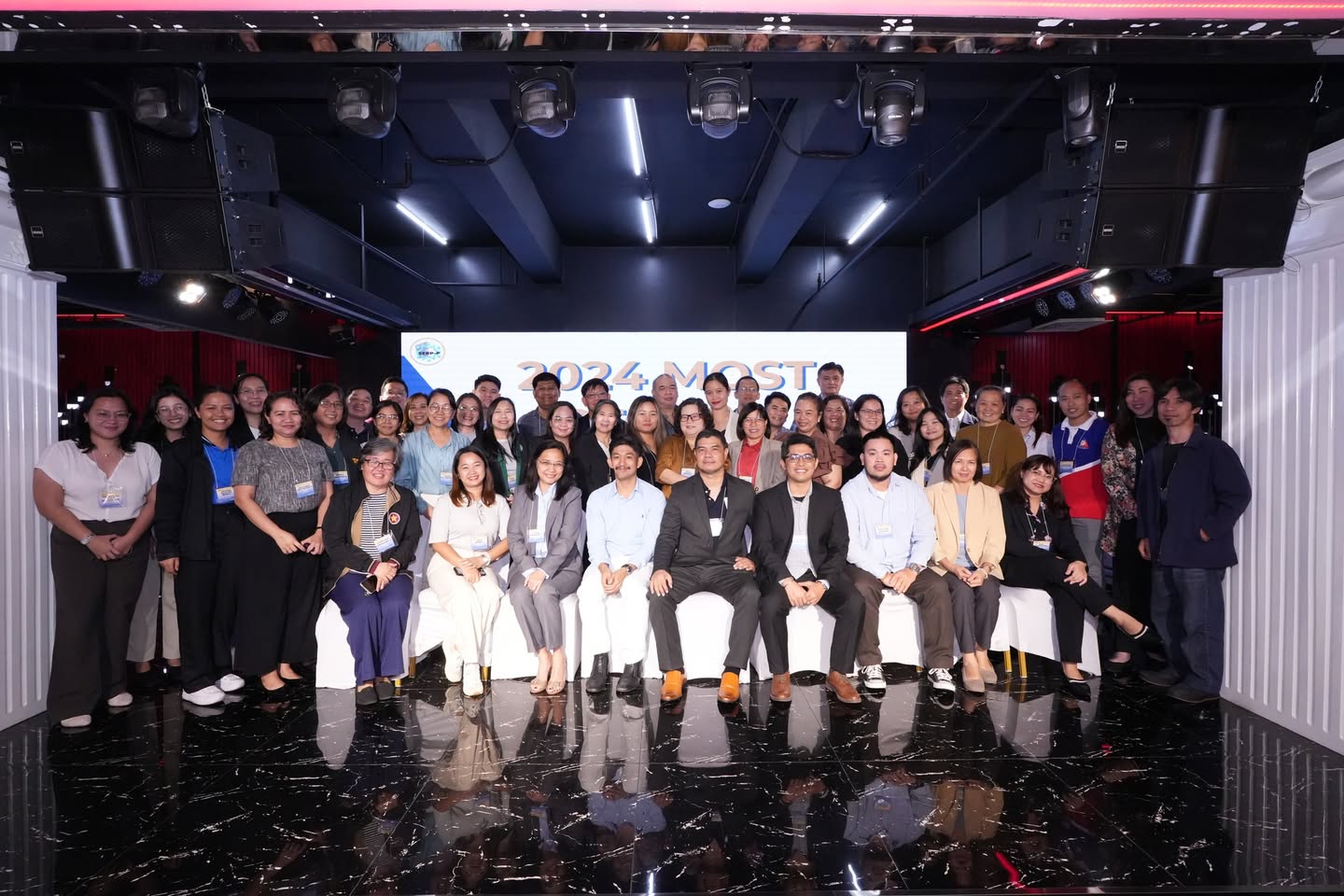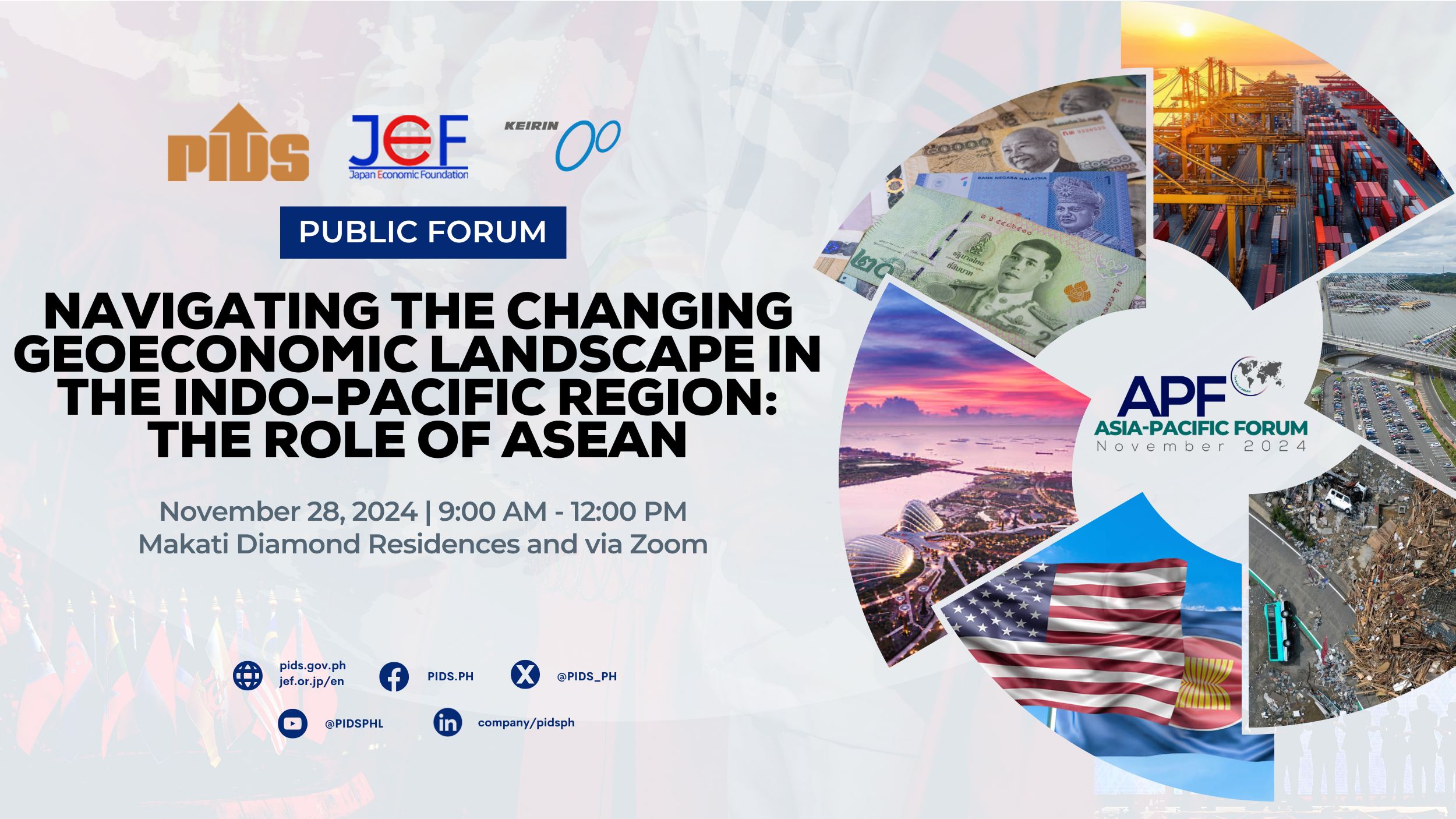The unclear nontariff measures (NTM) being implemented by Asean countries are more protectionist in nature and hike costs for exporters in the region, according to a study released by the Philippine Institute of Development Studies (PIDS).
The study titled “Review of Intra-Asean Nontariff Measures on Trade in Goods,” noted that while tariffs have been near zero in Asean, a rising trend has been noted in the use of NTMs.
To be sure, a majority of these NTMs are intended for justified reasons, such as sanitation and health, environment, security and consumer protection,” the study read.
However, there are also legitimate concerns that these NTMs are effectively mainly nontariff barriers [NTBs], which are more protectionist in nature,” it added.
The authors of the study, PIDS senior research fellow Erlinda M. Medalla and PIDS Project Development Officer Melalyn C. Mantaring, said the perceived costs of the NTMs vary across Asean.
"They are minimal for Singapore, moderate for the Philippines, and very high for Myanmar. In addition, not all Asean member-states have clear and transparent rules on NTBs/NTMs,” the report read. <
"Singapore is perceived as clear and transparent. The Philippines is in the midrange,” it added.
According to the study, most of the NTMs being implemented by the Philippines are sanitary and phytosanitary (SPS) measures and techical barriers to trade (TBT).
The authors said there is some negative perception of stability and risks to profitability from changes in regulations in Asean.
Citing previous studies, they noted that while the reduction in tariffs has created “positive and significant” trade creation effects in Asean, the reduction of the NTMs with NTB effects would further enhance these positive impact.
"Hence, the challenge for Asean countries, including the Philippines, is how to incorporate efficiency and facilitative measures in the implementation and administration of NTMs,” the study read. “In this regard, improvements are needed to address at least two issues: transparency and regulatory reforms—both for removing unnecessary restrictions for streamlining procedures for NTMs,” it added.
To promote transparency in NTMs, the authors recommended the creation of a comprehensive and updated database of the NTMs in the region and to establish a “robust mechanism” that will address the NTM issues, including harmonization of standards.
They also said there is a need for capacity-building to help firms, especially small and medium enterprises to comply with SPS and TBT measures. For exporters, they said the first step is awareness of the applicable SPS and TBTs.
The next is understanding how to comply with these requirements and the third is where and how to proceed to comply. Capacity-building should thus include improvements interesting laboratories and facilities, accreditation and certification,” the study read.
The study titled “Review of Intra-Asean Nontariff Measures on Trade in Goods,” noted that while tariffs have been near zero in Asean, a rising trend has been noted in the use of NTMs.
To be sure, a majority of these NTMs are intended for justified reasons, such as sanitation and health, environment, security and consumer protection,” the study read.
However, there are also legitimate concerns that these NTMs are effectively mainly nontariff barriers [NTBs], which are more protectionist in nature,” it added.
The authors of the study, PIDS senior research fellow Erlinda M. Medalla and PIDS Project Development Officer Melalyn C. Mantaring, said the perceived costs of the NTMs vary across Asean.
"They are minimal for Singapore, moderate for the Philippines, and very high for Myanmar. In addition, not all Asean member-states have clear and transparent rules on NTBs/NTMs,” the report read. <
"Singapore is perceived as clear and transparent. The Philippines is in the midrange,” it added.
According to the study, most of the NTMs being implemented by the Philippines are sanitary and phytosanitary (SPS) measures and techical barriers to trade (TBT).
The authors said there is some negative perception of stability and risks to profitability from changes in regulations in Asean.
Citing previous studies, they noted that while the reduction in tariffs has created “positive and significant” trade creation effects in Asean, the reduction of the NTMs with NTB effects would further enhance these positive impact.
"Hence, the challenge for Asean countries, including the Philippines, is how to incorporate efficiency and facilitative measures in the implementation and administration of NTMs,” the study read. “In this regard, improvements are needed to address at least two issues: transparency and regulatory reforms—both for removing unnecessary restrictions for streamlining procedures for NTMs,” it added.
To promote transparency in NTMs, the authors recommended the creation of a comprehensive and updated database of the NTMs in the region and to establish a “robust mechanism” that will address the NTM issues, including harmonization of standards.
They also said there is a need for capacity-building to help firms, especially small and medium enterprises to comply with SPS and TBT measures. For exporters, they said the first step is awareness of the applicable SPS and TBTs.
The next is understanding how to comply with these requirements and the third is where and how to proceed to comply. Capacity-building should thus include improvements interesting laboratories and facilities, accreditation and certification,” the study read.

